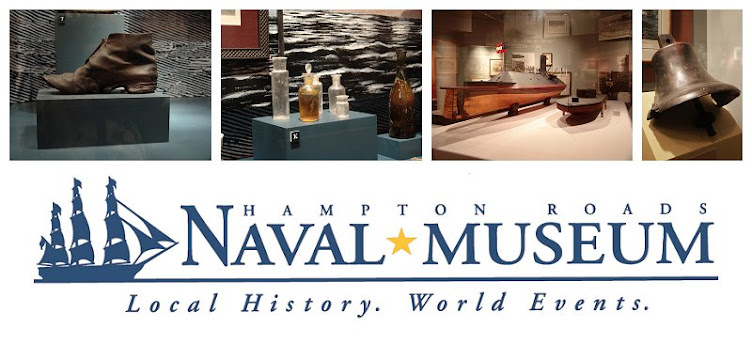On July 7, 1941, a strong Atlantic Fleet
escort force dropped anchor in Reykjavik harbor, Iceland. The U.S. 1st Marine brigade disembarked - the
first large scale American military operation of World War II, the occupation
of Iceland.
Prime Minister Churchill and
President Roosevelt had become increasingly concerned about German interest in
Iceland, an island which Churchill referred to as “a pistol firmly pointed at
England, America, and Canada.” Iceland, which was defenseless after the German invasion of Denmark, had
tried to maintain neutrality but in the end reluctantly accepted British
occupation.
The United States – not yet
at war – was determined to help Britain by directing American resources to
places they could be legally used, like Iceland. And, as Roosevelt stressed in his message to Congress on July 7: “The United States cannot permit the occupation by Germany of strategic
outposts in the Atlantic to be used as air or naval bases for eventual attack
against the Western Hemisphere.” The
operation was carried out swiftly and with dispatch. The Marines’ orders were to the point: “In Cooperation with the British Garrison, Defend
Iceland Against Hostile Attack.”
 |
| Visible through barbed wire are USS Livermore (DD-429) and other destroyers on guard in Reykjavik harbor, July 1941. The vessel to the right is an armed British trawler. National Archives photo. |
One
very important American policy was on view at this time – the doctrine that
troopships were to be massively guarded by the Navy. Admiral Ernest J. King was proud of the Navy’s World War I
record of safely delivering the American Army overseas and he was determined to
be equally successful during World War II. Within
a few months, Iceland was an impregnable military fortress. The American action incensed the German
navy, but their plea to begin attacking American warships was not heeded by
Hitler, who was then preoccupied with the German invasion of the Soviet
Union.
The Marines were going with
the blessing of Churchill, who had written the President earlier that: “I am much encouraged by ...
your marines taking over that cold place... It would give us hope to face the
long haul that lies ahead.”
(This blog post was written by HRNM Curator Joe Judge.)


No comments:
Post a Comment